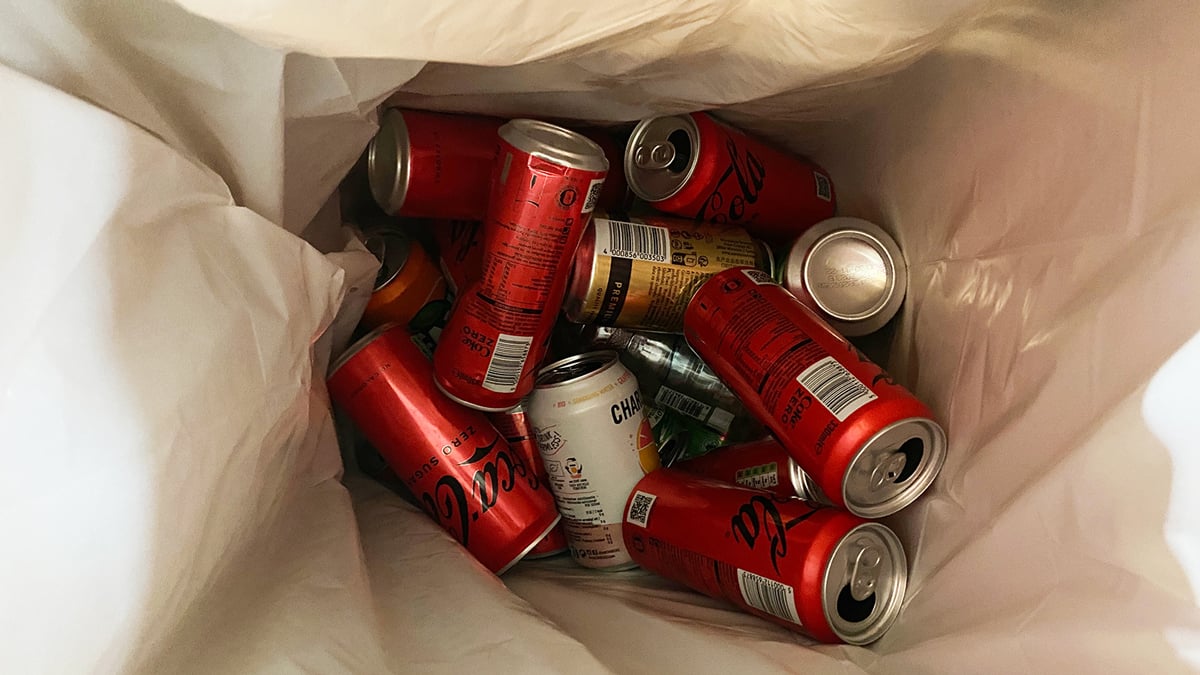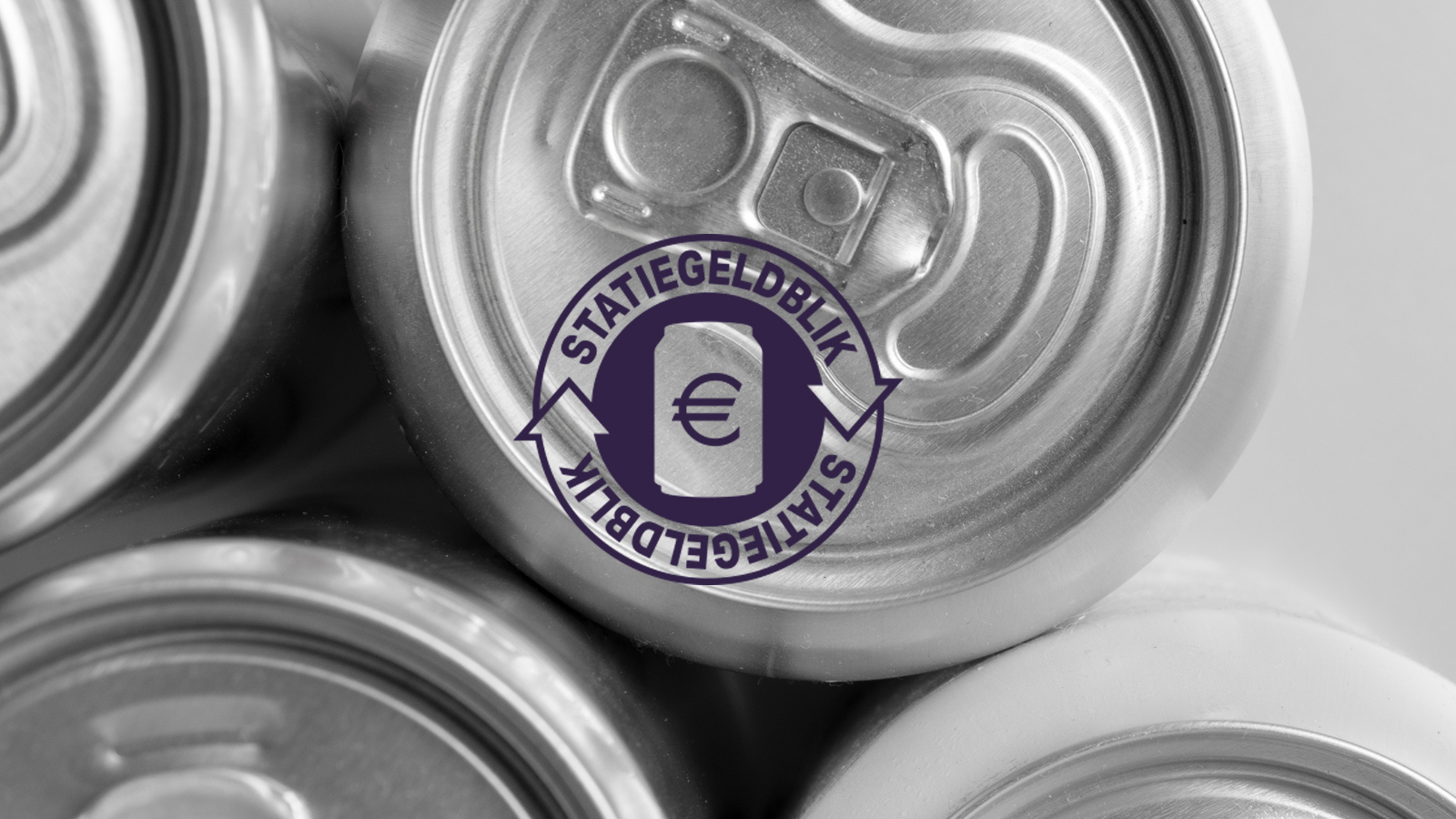The fight against litter and its adverse effects on the environment has led to several initiatives worldwide. One of the most successful methods to reduce litter is the introduction of deposit on cans. In this blog, you will read about the challenges in reducing cans and the proposed solutions.
What are deposit cans?
Deposit cans are metal beverage containers that consumers can return to special collection points for a fee. The deposit, a small fee of €0.15 added to the purchase price of the can, can be reclaimed when the can is returned. This system encourages consumers to return the cans, preventing them from ending up in the environment.

Processing of deposit cans
When deposit cans are returned, they undergo a specific treatment process. First, the cans are collected and taken to recycling facilities. There, they are sorted by material type, usually aluminum or steel. Then they are cleaned and crushed into small packages, which can be easily transported to manufacturers who can use the recycled materials.
The biggest challenges of deposit cans
- Few collection points: There may be a lack of sufficient collection points, such as deposit vending machines or special containers in offices. If employees do not have convenient places to drop off their cans, this can lead to a decreased willingness to take them out and collect them.
- Lack of awareness and involvement: Some employees may not be fully aware of the environmental impact of cans and the importance of recycling. Increasing awareness and engaging employees in can recycling is essential.
The solutions for deposit cans
- Expansion of collection points: Increasing the number of collection points, such as deposit vending machines and special containers, makes it easier for people to return their cans. These collection points should be accessible and well distributed, both in urban and rural areas.
- Create awareness: Promoting awareness and education about the negative effects of litter and the benefits of returning deposit cans can increase employee involvement. Through information campaigns, advertising and social media, employees can be encouraged to actively participate in the deposit system.
Tips or ideas?
Do you have any tips or ideas for preventing waste streams? Let us know! We would like to hear what you are doing to reduce food waste or avoid packaging waste, for example. We will include your suggestions in our next blogs, in which we discuss solutions for various waste streams.










